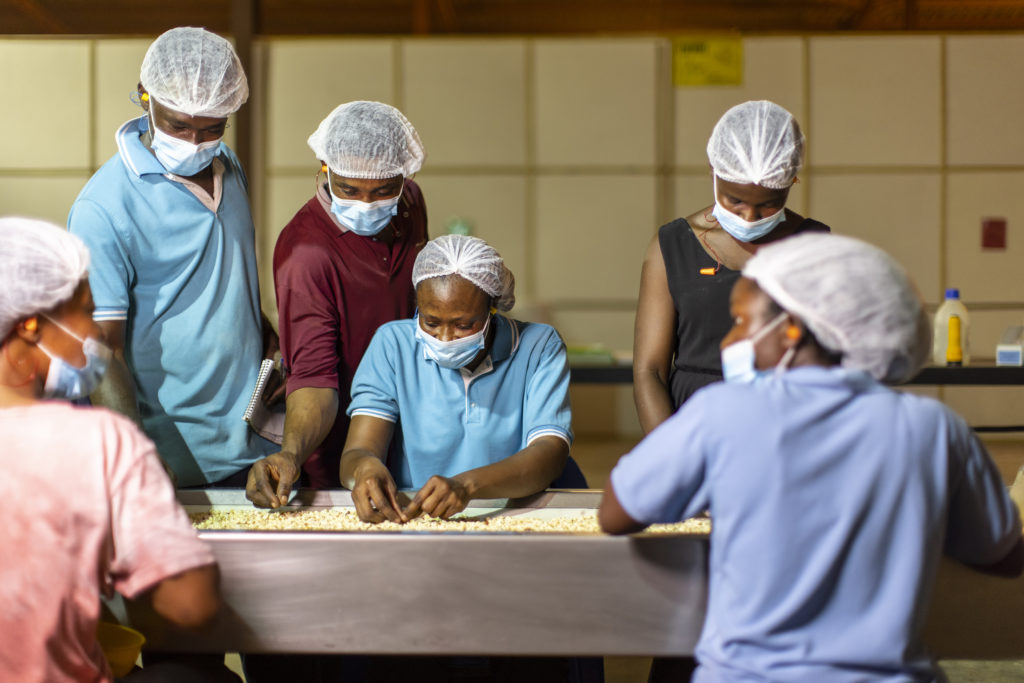
It’s important for people who work in a food-processing facility to follow guidelines to prevent them from introducing contamination into the product.
This means …
- People who are sick or have open wounds should kept out of the production facility.
- All employees should be instructed in proper handwashing and sanitizing practices.
- Personnel should maintain general cleanliness.
- If personnel wear gloves, they should keep them sanitary.
- Personnel should wear suitable outer garments.
- Hair, including beards and mustaches, should be covered in manufacturing operations.
- Personal items, including medicines, should be stored away from production areas.
- Jewelry or other objects that are insecure should not be worn.
- No eating, drinking, gum, or tobacco use should be allowed in production area.
- Personnel working in production areas should wash hands:
- When entering a production area
- After each visit to the toilet facility, lunch, and break room facilities
- Prior to touching product or product contact surfaces
- Any time hands have become soiled or contaminated
Handwashing Steps:
- Wet hands with clean warm water
- Apply soap
- Scrub hands and fingernails (for 20 seconds)
- Rinse off soap thoroughly with clean water
- Dry hands with single use towels
- Discard towels in trash
- Visitors and contractors, as well as temporary and seasonal workers, should follow the same rules and be so instructed when entering the facility.
- All employees should have a good working knowledge of basic sanitation and hygiene.
- Personnel responsible for identifying sanitary failures or food contamination should have training, education, or experience, or a combination, to provide for production of clean, safe food.
- Food handlers and supervisors should be trained in proper food-handling techniques and food-protection principles and warned of the danger of poor personal hygiene and unsanitary practices.
Peanut-specific GMPs
It is important to separate raw material areas from processing and finished product areas. Workers shouldn’t move from raw handling areas directly into processing or finished product areas in order to keep microbiological hazards from traveling from the raw-nut area into the roasted-nut area.
Personnel should also learn the importance of allergen cross-contact and how to avoid inadvertently introducing other nuts to the peanut/groundnut process. If other nuts are processed in the same facility, these operations should be designed as much as practical to have separate personnel that do not cross over areas. The products involving different nuts should not be run at the same time and common equipment should be cleaaned between runs. Personnel and equipment used in subsequent runs of other nuts should be free from those allergens.

